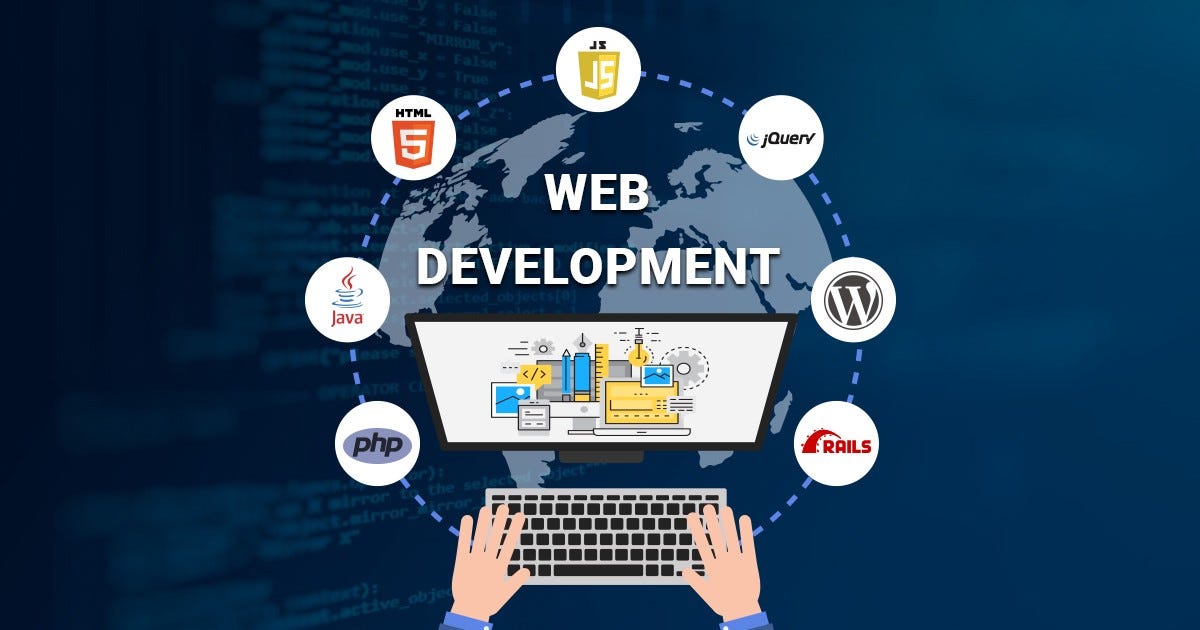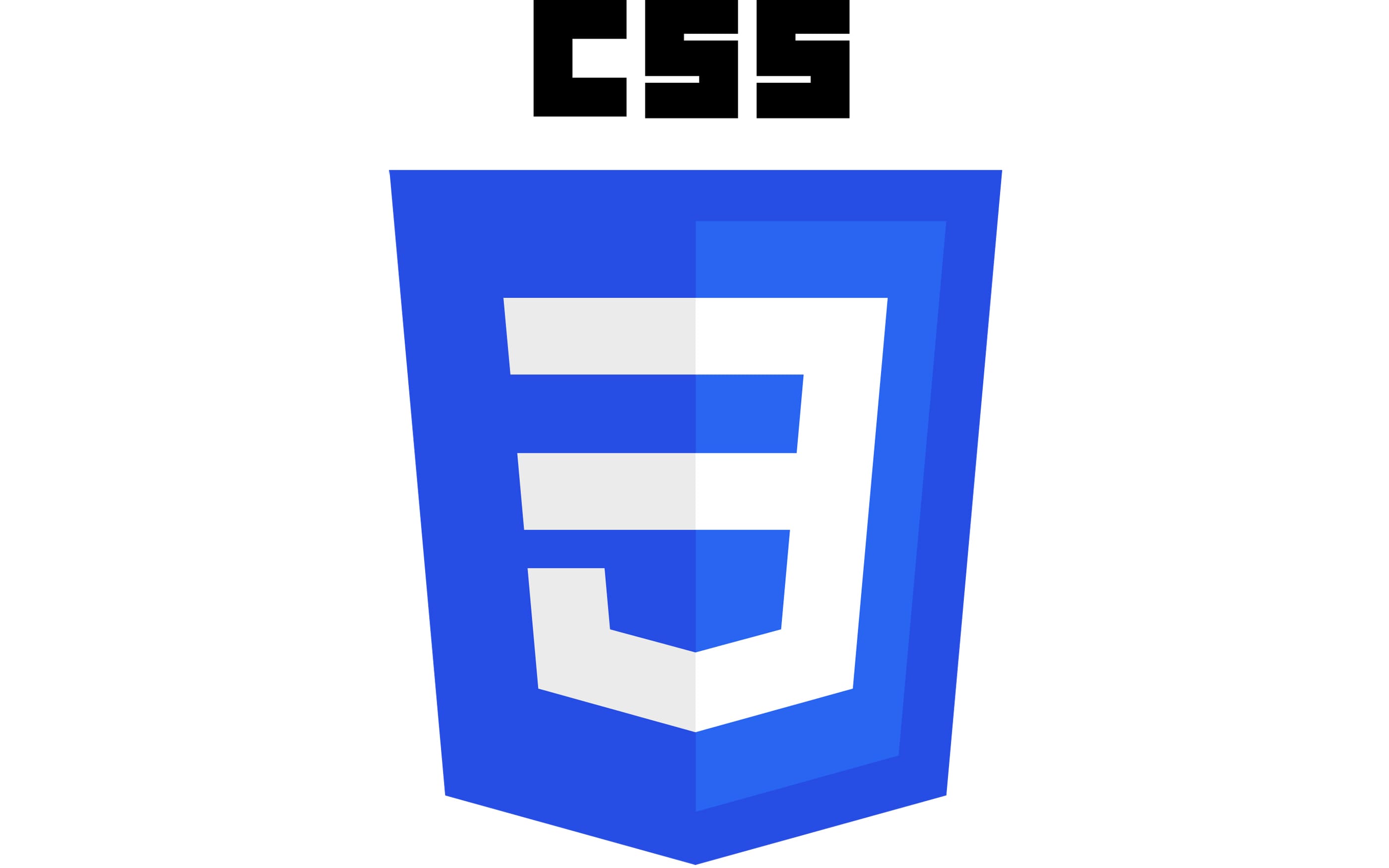Website Development and it's career options
Sun, 09 Jun 2024

Follow the stories of academics and their research expeditions

Website development, also known as web development, is the process of creating, building, and maintaining websites and web applications. This encompasses a variety of tasks and skills, ranging from designing the layout and user interface to coding the underlying functionality and ensuring the website is secure, scalable, and performs well.
Front-End Development: Front-end development focuses on the client side of the website, which is what users see and interact with. This involves:
Back-End Development: Back-end development deals with the server side, ensuring that the website functions correctly and efficiently. This includes:
Full-Stack Development: Full-stack developers are proficient in both front-end and back-end development, allowing them to handle the entire web development process. They work with a wide range of technologies and frameworks to build comprehensive web applications.
Web Design: Web design focuses on the visual aspects and user experience (UX) of a website. Designers use tools like Adobe Photoshop, Sketch, and Figma to create mockups and prototypes, ensuring the site is aesthetically pleasing and user-friendly.
Web Content Management: Content management involves creating, managing, and publishing digital content. Content Management Systems (CMS) like WordPress, Joomla, and Drupal simplify this process, allowing non-technical users to maintain websites effectively.
Web Hosting: Web hosting services provide the infrastructure needed to publish websites online. Hosting providers offer various plans, including shared, VPS (Virtual Private Server), and dedicated hosting, depending on the website's requirements.
Front-End Developer: Front-end developers specialize in creating the visual and interactive aspects of websites using HTML, CSS, and JavaScript. They work closely with web designers to turn designs into functional web pages, ensuring a seamless user experience.
Back-End Developer: Back-end developers focus on server-side logic, database management, and application functionality. They write code to handle data processing, server requests, and API integrations, ensuring the website operates efficiently and securely.
Full-Stack Developer: Full-stack developers possess expertise in both front-end and back-end technologies. They handle all aspects of web development, from designing user interfaces to managing server-side operations and databases.
Web Designer: Web designers create the visual layout and user experience of websites. They use design tools to develop prototypes and work with front-end developers to implement their designs, ensuring the site is visually appealing and user-friendly.
Web Developer: Web developers are generalists who may work on both the front-end and back-end, depending on their skills and the project requirements. They are adaptable and can manage various aspects of website development.
UI/UX Designer: UI/UX designers focus on creating intuitive and engaging user interfaces and experiences. They conduct user research, create wireframes, and develop prototypes to optimize the usability and accessibility of websites.
Content Manager/Strategist: Content managers oversee the creation, organization, and maintenance of website content. They ensure the content aligns with the site's goals and target audience, often using a CMS to streamline the process.
Web Developer in E-commerce: Specializing in e-commerce development, these professionals create and maintain online stores. They integrate payment gateways, manage product databases, and ensure secure transactions.
DevOps Engineer: DevOps engineers work to automate and streamline the development, deployment, and operation of web applications. They use tools and practices to improve collaboration between development and operations teams, ensuring continuous delivery and high-quality software.
SEO Specialist: SEO specialists optimize websites to rank higher in search engine results. They focus on improving site visibility, driving organic traffic, and enhancing the overall search performance through on-page and off-page SEO techniques.
Website development is a multifaceted field that combines various skills and technologies to create dynamic, interactive, and functional websites. Whether you are drawn to the visual creativity of front-end development, the logical problem-solving of back-end work, or the comprehensive approach of full-stack development, a career in web development offers numerous opportunities for growth and specialization. As the digital landscape continues to evolve, web development remains a critical and dynamic profession with a bright future.
Sun, 09 Jun 2024

Sun, 09 Jun 2024

Sun, 09 Jun 2024

Leave a comment